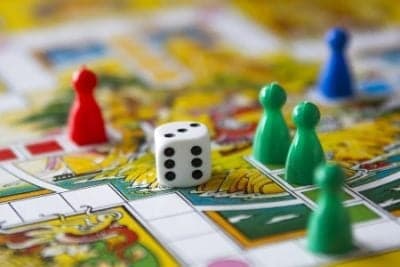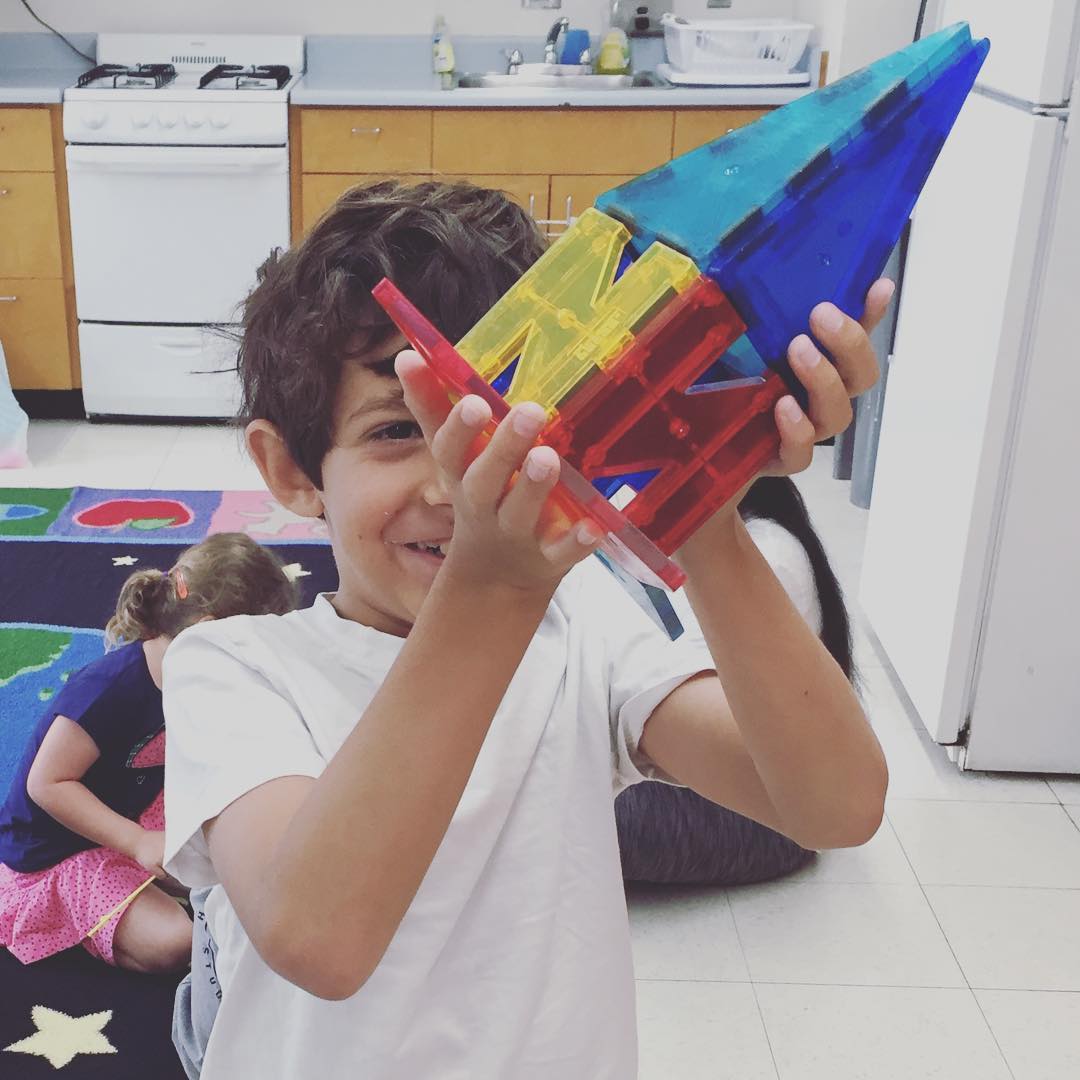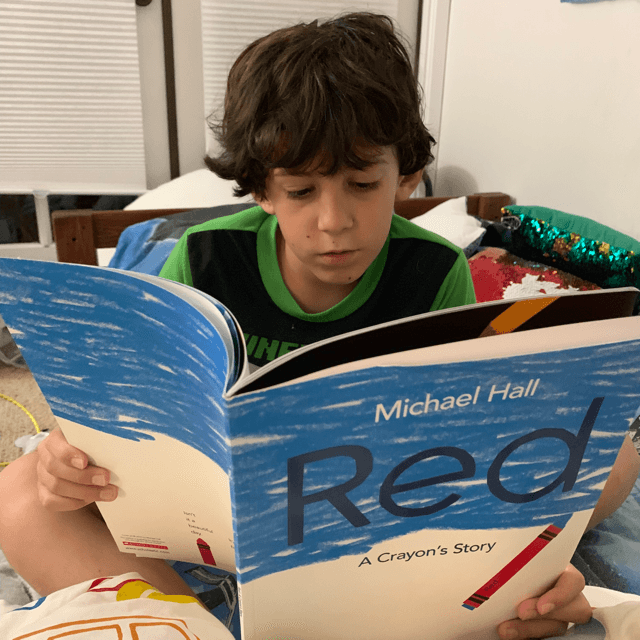All Aboard! Purposeful play with Board Games
Board games provide opportunities to develop the basic but vital social emotional skills needed to be successful in the 21st century.
 Love them or hate them, we know board games can help develop a myriad of cognitive skills such as numeracy, patterns, and logic. However, these same games also provide lessons far more valuable than academic concepts. Board games provide opportunities to develop the basic but vital social emotional skills needed to be successful in the 21st century. They provide repeated opportunities to practice self and social-awareness and when learning in the context of a game,these skills develop positive associations which translates to better adapted individuals who are more open minded and more cognizant of their peers and environment.
Love them or hate them, we know board games can help develop a myriad of cognitive skills such as numeracy, patterns, and logic. However, these same games also provide lessons far more valuable than academic concepts. Board games provide opportunities to develop the basic but vital social emotional skills needed to be successful in the 21st century. They provide repeated opportunities to practice self and social-awareness and when learning in the context of a game,these skills develop positive associations which translates to better adapted individuals who are more open minded and more cognizant of their peers and environment.
Self control
When we talk about self-control in children it should be more than just about keeping hands to self or not shouting out. Self-control, or self-regulation, means being aware of your actions and how they affect the world around you. It means controlling your body as well as your mind in order to be present in the moment.
-
Jenga
: The great thing about Jenga is that you really can’t play in a hurry. It naturally motivates you to take a breath and think. You can even write questions or jokes on the blocks to make this game more interactive.
-
Top Bright Colored Wooden Blocks
: This is just like Jenga but the blocks are colored and have cute little animal faces on them, making it more visually appealing for the little ones. It comes with a die and cards to offer different ways of playing and to help guide what piece to take out.
-
Don't Break the Ice
& Don't Spill The Beans
: Two old school games that reward actions that are careful and measured. The fun thing about these games, is that even when the ice breaks or the beans spill, it always makes the kids laugh which connects silliness and positivity to winning or losing.
-
Suspend
: A different take on the same concept, Suspend entails balancing colored metal rods on each other until it eventually tips. Being of differing lengths, the rods add the component of assessing choices instead of blindly picking each piece.
* As an Amazon Associate I earn from qualifying purchases
Social Flexibility
One of the most important skills in a friendship or any quality relationship is to be able to roll with the punches when things don’t go as expected or even when things are unfair. Luck based games help cultivate the ability to accept that we are not always in control of what happens but can control our reactions and thoughts toward the situation.
-
Chutes and Ladders
: Did you know that this game, also called Snakes & Ladders, dates back to ancient India? Its original purpose was to teach the religious morality of virtues and vices. What remains the same today is that each player in the game is at the mercy of the random roll of the dice or a spinner. It can be frustrating to get far in the game only to slide down to the bottom but sometimes that’s life! Will you get upset or start again?
-
Candy Land
: Originally created in the 1940s by a school teacher to entertain kids recovering from polio, Candyland has stood the test of time. Everyone knows the nervous anticipation of passing a candy on the board and wondering if you’ll pick that card later and have to move backwards. There is no way to be strategic while playing. You will win or lose by sheer luck so you can focus on the basic mechanics of turn taking and learning to be a gracious winner or loser.
* As an Amazon Associate I earn from qualifying purchases
Critical thinking
Observation, analysis and informed decision making are all more advanced executive functioning skills that can be challenging to teach explicitly. Gamifying these skills provides practice without the “lesson.” These games also depend on the turn of the other player which teaches adaptability.
-
Labyrinth
: The goal of this very unique game is to find all your treasures scattered around the maze before your opponent. The catch is that on each turn, the actual game board changes leaving you to re-evaluate your move or depend on previous contingency plans. This keeps the game interesting as well as challenging!
-
Battleship
: Amazing how this game has evolved with so many variations considering it actually started out on pencil and paper. Players need to keep track of what they have guessed and what their opponents have guessed. Part strategy, part luck, this game benefits those who are able to plan well.
* As an Amazon Associate I earn from qualifying purchases
Board games are powerful teaching tools. So when it’s time to pull one out, perhaps consider what skills you’d like to target and let that guide your decision. Happy playing!



